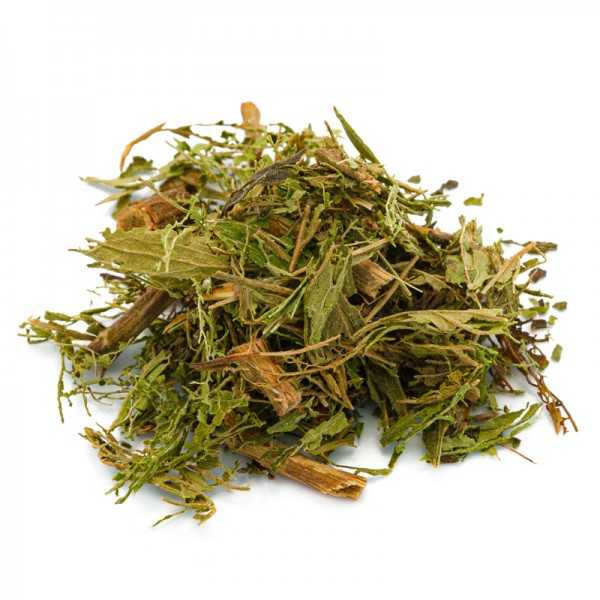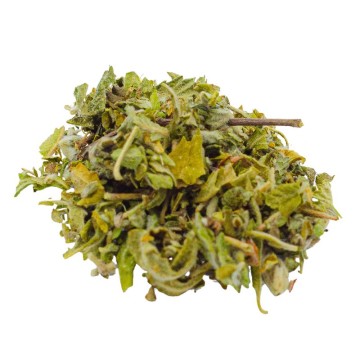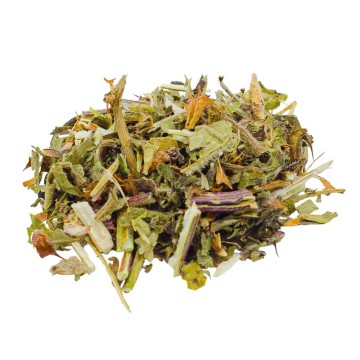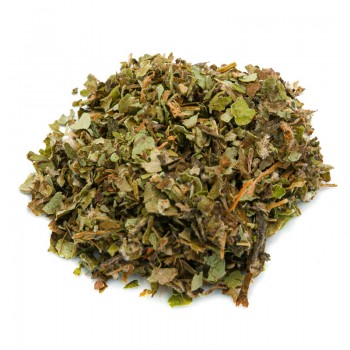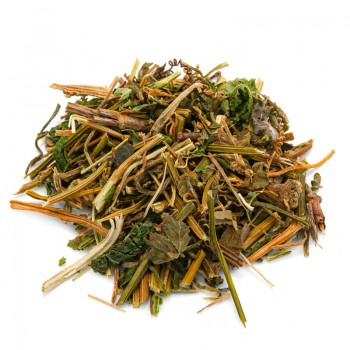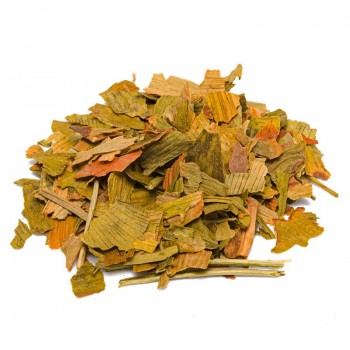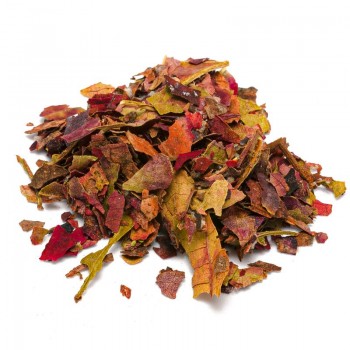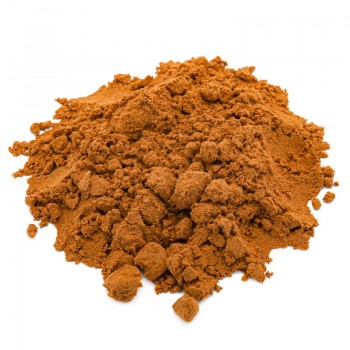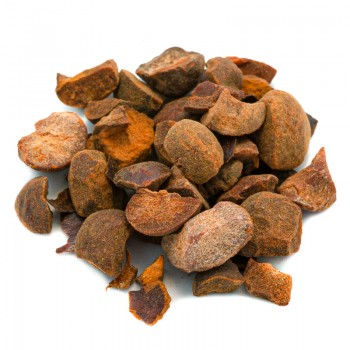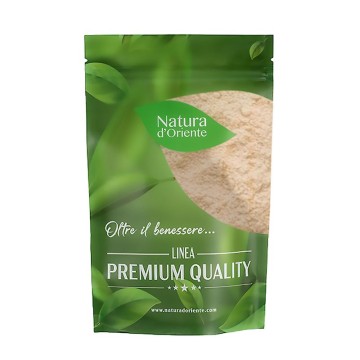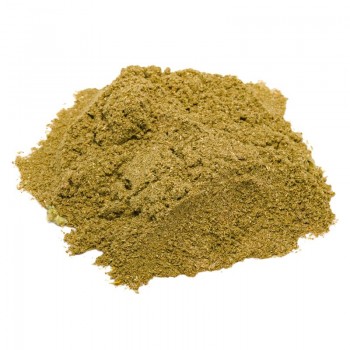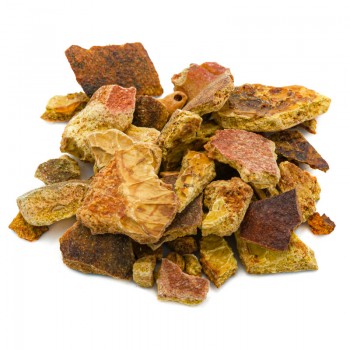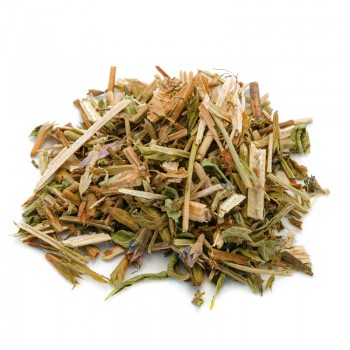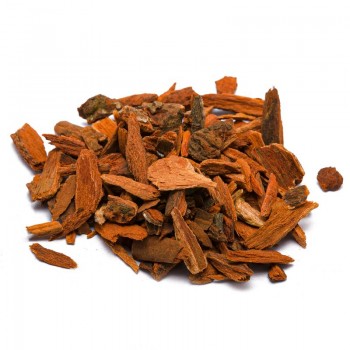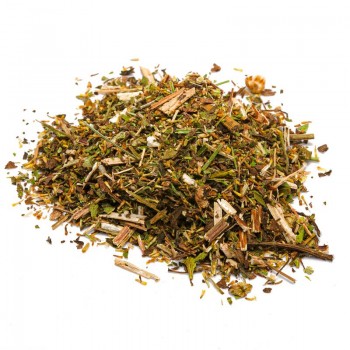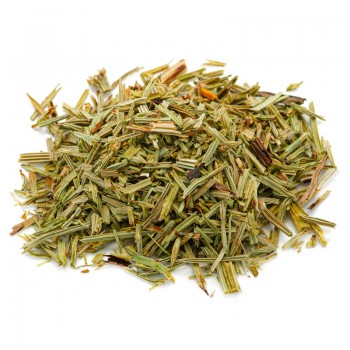The leaves of this plant are known for their sweetening capacity, an alternative to sugar. In addition to this gift, they also provide beneficial properties through the infusion of leaves in herbal tea cut .
As a medicinal plant , in fact, Stevia Rebaudiana has compounds that can offer therapeutic benefits. Originally from some South American territories, it has been used by various populations for its delicious taste, and as a natural remedy for the well-being of the organism.
Stevia rebaudiana leaves: properties and benefits
The essential part of the plant are the leaves, which contain a high percentage of sweetening compounds, the steviol glycosides . Their characteristics are also antioxidants and are studied for natural antimicrobial and antifungal activities.
The infusion of the leaves favors a reduction in blood sugar, high blood pressure, and irritation related to digestive processes in the body.
In addition, the infusion with stevia leaves has a wealth of substances that are excellent for the gastrointestinal system and, being an anti-diarrheal and diuretic herbal tea. It also promotes proper digestion, fighting stomach acid.
Stevia reubadiana is known as an anti-hyperglycemic agent, ie to lower blood glucose levels; for this reason, it is considered a support sweetener in the treatment of diabetes mellitus and obesity.
We know that Stevia rebaudiana acts as a substitute for sugar, sucrose and artificial sweeteners , due to its sweetening power (300 times higher than that of sugar). However, it does not have carbohydrates or calories. For this reason, the leaves of Stevia inside an herbal tea with other herbs or alone, do not affect the glycemic index of the blood. They help regulate the level of sugars, also preventing hypoglycemia.
You can use this infusion with Stevia leaves to make a tea or herbal tea sweeter.
Its antioxidative activity can be valid as a beneficial anti-aging, acting against oxidative stress, given the high content of phenols and flavonoids in Stevia leaves. The ability of stevioside to fight free radicals also promotes the well-being of the liver.
The properties of Stevia rebaudiana counteract hypertension, thanks to the stevioside compounds, and the diuretic capacity of the infusion.
Stevia leaves also facilitate the fight against chronic inflammation processes in the body. In particular, the role of stevia may be useful in decreasing the inflammatory state associated with obesity and digestion. It counteracts stomach acidity, and promotes correct intestinal transit.
Stevia rebaudiana, moreover, has been the subject of various studies for its possible ability to inhibit the growth of some bacteria and fungi in the body.
Origins and History of cultivation
The Stevia rebaudiana plant has been used for centuries in the original territories, but has only been documented for about a century. Its origin is in Paraguay, from where it spread to other territories of Brazil and South America, growing on any type of soil with adequate humidity and drainage.
At the end of the 19th century, the plant caught the attention of Europeans, first of all the South American naturalist Moises S. Bertoni. It was he who discovered the sweetening compounds of the leaves, indicated by the Paraguayan natives.
The sweet taste of the phytochemical compounds of Stevia, was later isolated by the chemist Ovidio Rebaudi, from whom the species took its name (1905).
Among the Guarani Indians, Stevia was called kaa he-he which means sweet herb. The leaves were used to enhance some recipes, and as a sweetener for herbal infusions. The first plantation attempt in Europe was conducted in 1942, in England, but with poor results. Later, the seeds were exported to Japan, where the species was established and was very successful in the 1960s.
Currently, Stevia is grown in many countries including Brazil, Uruguay, Japan, Korea, China, Australia, Thailand - i pr main countries for the export of S. Rebaudiana. The main consumption of stevia as a sweetener is in Japan, but it is gaining more and more success as a dietetician around the world.
In the confectionery industry, the main sweet compounds (steviol glycosides) are extracted from the leaves to become substitutes for refined sugar or sucrose. Stevia extracts are appreciated by athletes and those who he is attentive to his own well-being, by those suffering from diabetes or high blood sugar. They are also used by the pharmaceutical industries for their anti-hyperglycemic and anti-hypertensive properties.
Plant and flowers
Stevia rebaudiana is a perennial plant belonging to the Asteraceae family. In the genus Stevia there are 154 species, among which only two provide the sweetening compounds steviol glycosides: S. rebaudiana and S. phlebophylla
It grows up to about 1m high, with a root system that spreads horizontally into the ground. The leaf is generally lanceolate with a serrated margin, while the flowers show white and purple corollas, and are small.
The quality of the leaves, used for their sweetening properties, is influenced by environmental factors: soil conditions, amount of sunlight received, age of the leaves at harvest time, methods processing and conservation.
Nutritional values of Stevia rebaudiana leaves
The leaves contain steviol glycosides, including stevioside and rebaudioside A; steviol and isosteviol are metabolic components of stevioside.
In addition, they contain antioxidants terpenes and flavonoids , and minerals such as zinc, iron, manganese, potassium . Among the vitamins in Stevia leaves, there are vitamin C and vitamin A.
How to use powdered Stevia rebaudiana leaves in herbal tea
The infusion of Stevia rebaudiana, is obtained by inserting in a cup (250 ml), about 3-5 grams of leaves in herbal tea cut, with water at 100 ° C.
Leave to infuse for 5 to 8 minutes, before drinking the herbal tea.
Stevia rebaudiana: side effects and contraindications
Stevia leaves are normally safe, but can cause side effects such as bloating and gastrointestinal upset.
To avoid such effects, the Stevia rebaudiana herbal tea should be taken in the recommended doses.
The leaves may interact with some medications for diabetes, heart disease or to regulate blood pressure. Therefore, seek medical advice before using the herbal tea regularly, if you suffer from a pathological condition.
Stevia rebaudiana herbal tea is not recommended for children, pregnant and breastfeeding women.

